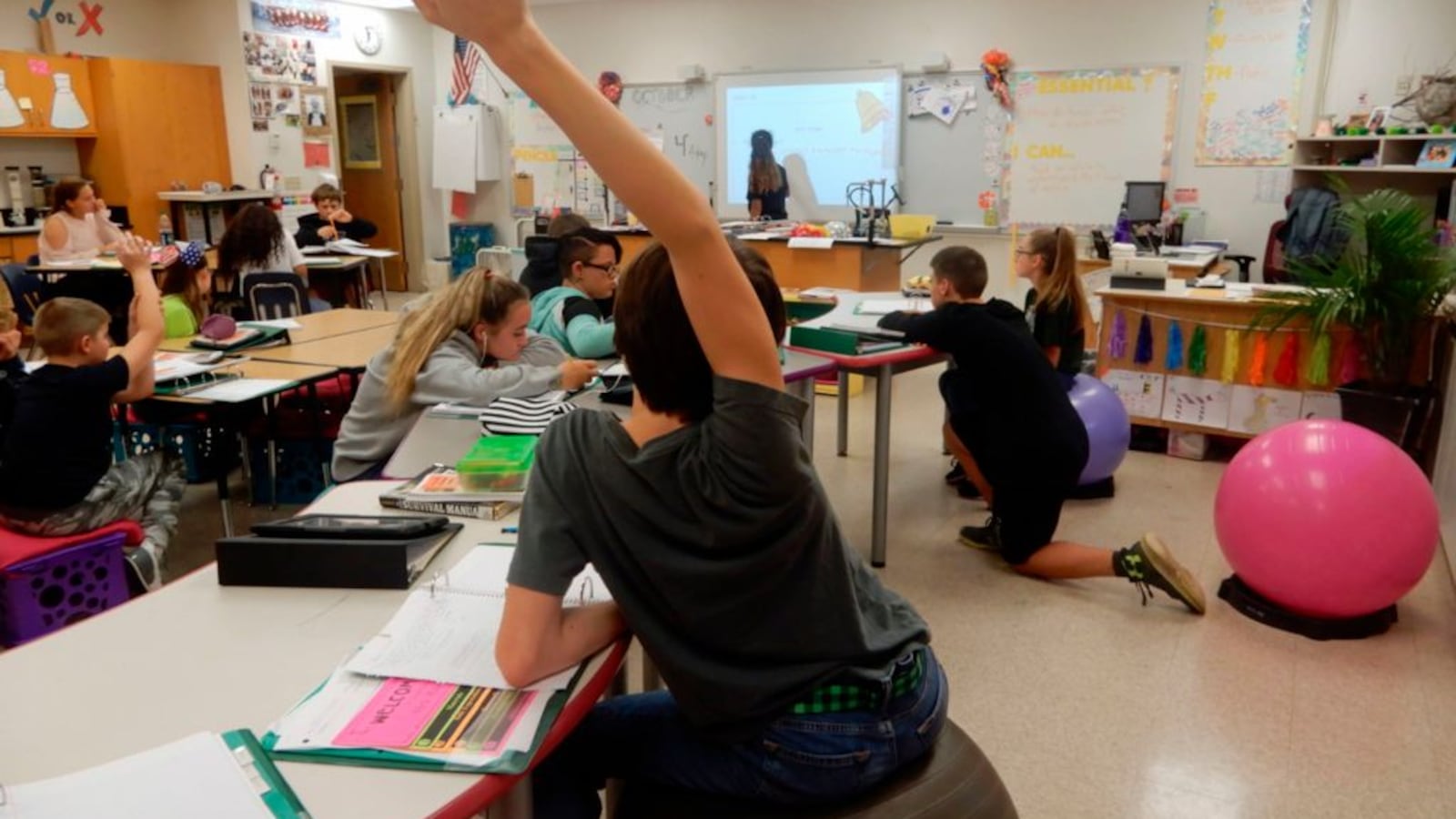As schools across the nation prepare for the upcoming academic year, whether it be in person, virtual, or some hybrid of the two, teachers and families with school-age children are in agony. One minute, we hear from superintendents and elected officials that we will be following data and science to plan for the upcoming year; the next minute, we are told that we will be going back to school buildings, despite climbing coronavirus infections and deaths. We are told that school funding is at stake if we don’t return.

The decision facing parents is certainly a difficult one: to send their children back into classrooms, where their safety can hardly be assured, or to keep them home, despite all of the challenges that entails.
But what about the teachers? What about their families? Have we really convinced ourselves that because children appear to be at lower risk for COVID-19 complications that the people who educate them shouldn’t be a concern?
What about me, a Memphis middle school teacher and a COVID “survivor.” A previously healthy 27 year old, I have been “well” for two months now, yet I am not well. Post COVID-19, I have found myself plagued by fatigue, muscle weakness, rashes, heart rate fluctuations, chronic head and neck pain, insomnia, PTSD, digestive issues, and cognitive and memory problems. I have no idea just how extensive or long-lasting these health issues will be. My medical bills are now piling up, but my salary and benefits have not increased. It seems the only things that have increased is the responsibilities teachers are asked to assume and the risks they are being asked to take.
Teachers across the nation are preparing for the worst. We are finalizing wills, upping our disability insurance, and maxing out on life insurance benefits. Fearing for the lives of everyone in their classroom, many teachers are purchasing PPE, cleaning products, plexiglass dividers on their own dime.
I get it. Virtual instruction is no replacement for in-person schooling. But in this moment, there is value in the distance learning model. I taught summer school virtually, and I learned valuable tools that will serve me even after things go back to “normal.” My students learned to develop a sense of intrinsic motivation. What began as a stressful virtual experience, ended with student and teacher growth. I believe planned virtual instruction this fall would be completely different from the patchwork of crisis schooling that was offered in the spring.
I understand the need for schools to be open for working families, and that schools play a key role in educating, feeding, and caring for students. But it’s important to remember that our training as teachers focuses on providing students with an education, not all of the other roles we’ve taken on over the years. We are not child care workers or health care workers. The service we are trained to offer can and should be provided remotely until it is safe to enter school buildings.
I, too, wish that we could press a magic button and return to “normal,” but the reality is that things won’t be normal for some time. Until then, what and who are we willing to risk in an effort to re-enter schools in person? How many deaths are acceptable? How many people living with ongoing COVID-related health issues, is acceptable? Does your fear of an educational setback outweigh my fear for my life?
For once, a critical mass of teachers is voicing hesitation, frustration, and fear, instead of just coming up with a self-sacrificing solution to the problem. For once, we are begging to be able to put our own health and family first. The backlash has been intense: We are being accused of not caring about children and not being flexible enough, of being lazy and unwilling to work. How soon we forget the “backbone” of our society, along with all of the good work we have done? Teachers are strong, resilient, and creative, but this is one situation I don’t think we can Donors Choose our way out of.
Tiffany Crow is a middle school English Language Arts teacher with Shelby County Schools in Memphis, Tennessee. She is the mother of two young sons, and an advocate for education and social justice.



